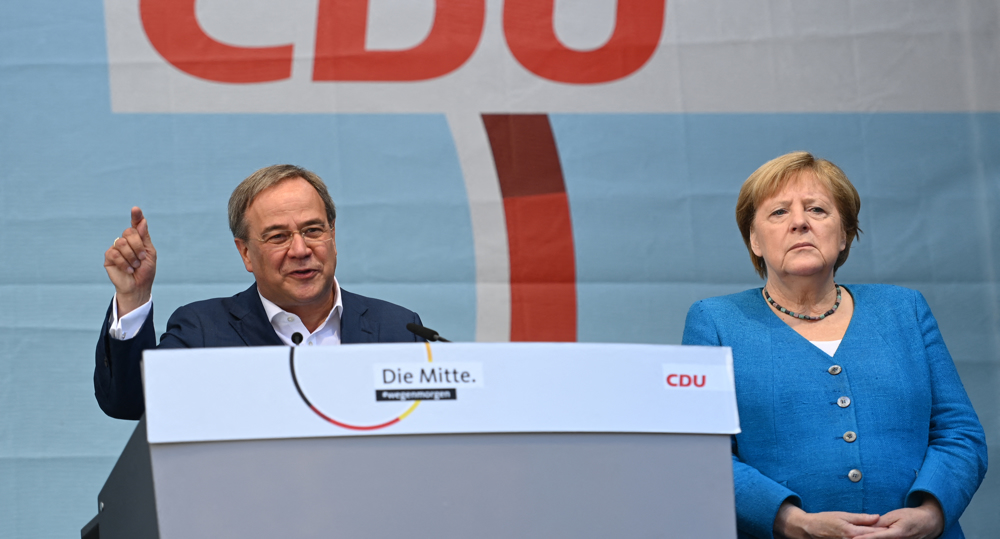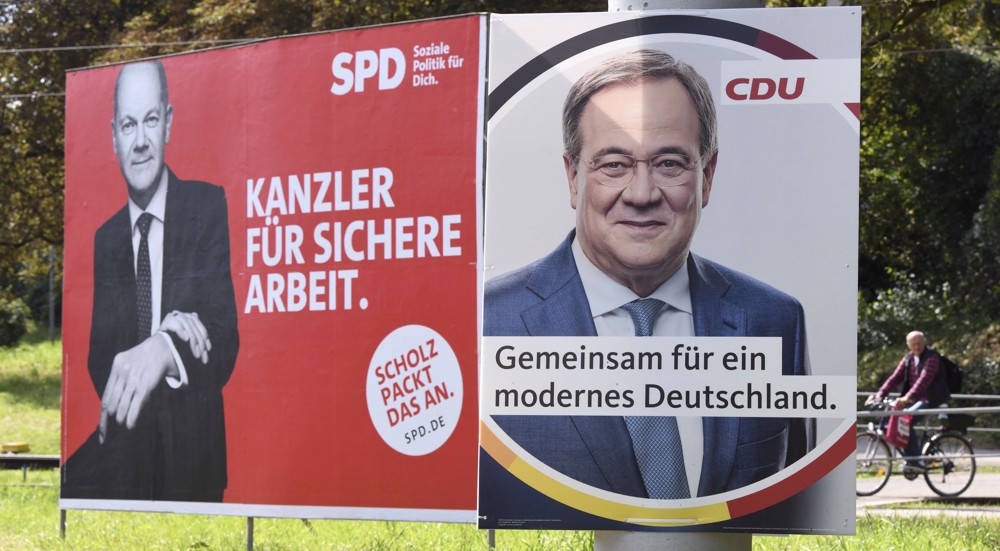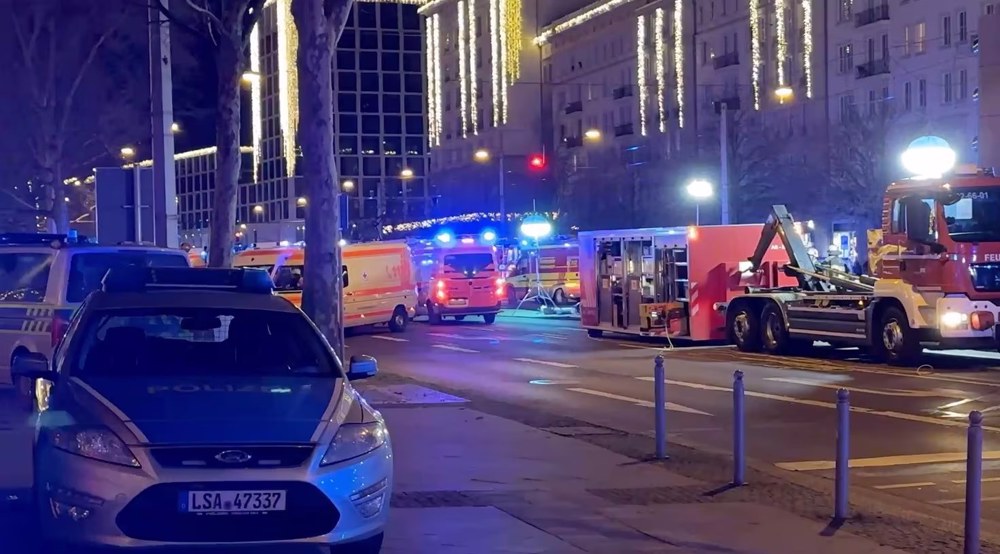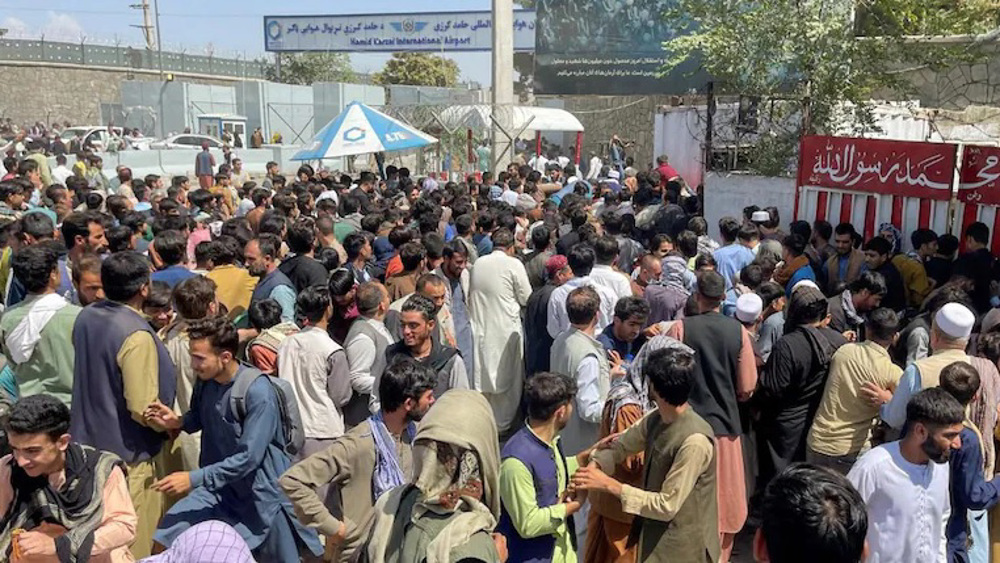Voting underway in tight race as Germany prepares for post-Merkel era
Millions of Germans are casting their ballots in an unpredictable election that will decide a successor to Chancellor Angela Merkel, as she prepares to leave office after 16 years in power.
Polls opened across the country on Sunday morning and will last until 6 p.m. local time. Exit polls will be released shortly after the polls close.
Around 40 percent of Germany's 60.4 million eligible voters have said they are undecided, while the same proportion have already cast their votes via postal ballots, including Merkel herself.
According to opinion polls, the long-serving chancellor’s CDU-CSU conservative alliance with around 23 percent stands just behind the center-left Social Democrats with 25 percent of the votes.
Merkel’s re-election was almost certain in previous elections, but this year’s ballot “will certainly see some surprises," according to Nico Siegel, head of the Infratest Dimap polling company.
Though the SPD is ahead in the polls, a victory for the conservatives "can't be ruled out,” he said. “The race for first place is wide open."
But with both parties likely to fall well short of the majority needed to govern alone, there could be weeks or even months of fraught coalition negotiations.
The splintered political landscape means a three-way coalition is likely.
The most likely coalition scenarios will involve either the SPD or the conservative CDU/CSU bloc forming an alliance with the Greens, depending on who comes first.
The race for the chancellery is also underway between Armin Laschet of the CDU-CSU and Finance Minister and Vice Chancellor Olaf Scholz of the SPD.
Merkel’s departure from the political stage after 16 years is now expected to change the face of Europe’s biggest economy, and the European Union as well, according to analysts, who say her absence will leave a substantial leadership gap in the continent.
US fighter aircraft shot down ‘in friendly fire’ amid aggression on Yemen
Yemeni FM: Israel’s sponsors accountable for ongoing aggression on Sana’a
Eight Palestinians killed as Israel attacks Gaza school, hospitals
VIDEO | Rome, Milan host new protests in solidarity with Palestinians
Dec. 21: ‘Axis of Resistance’ operations against Israeli occupation
Spain jurists demand ties with Israel ties be cut
VIDEO | Press TV's news headlines
VIDEO | Iran honors top Science Olympiad medalists












 This makes it easy to access the Press TV website
This makes it easy to access the Press TV website